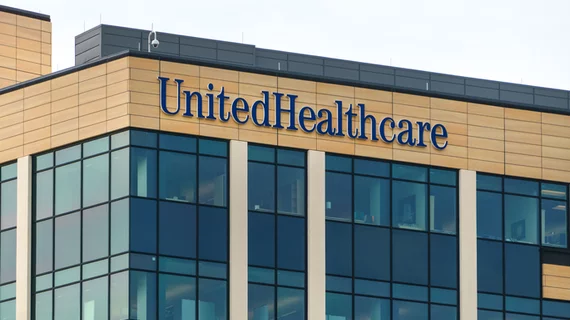UnitedHealthcare updates ‘onerous’ prior authorization process following ACR objections
The nation’s largest commercial health insurer has updated its “onerous” prior authorization process following objections from the American College of Radiology and others.
Back in April, UnitedHealthcare began making providers jump through extra hoops before they can obtain payment for certain outpatient services. Those include imaging-guided radiation therapy, along with fractionation for breast, prostate, lung and bone metastasis cancer. Physician groups have implored the Minnesota-based payer to simplify the new process, and now it’s responding.
“Based on the associations’ initial feedback, [UnitedHealthcare removed techniques that were not relevant for specific tumor types and clinical scenarios to decrease confusion and burden for practice staff who are entering the required information,” the college said in an update posted June 9. “The ACR applauds UHC for its openness to work with the provider community and looks forward to continued dialogue to refine the prior authorization tool,” it added later.
The imaging advocacy group—alongside the American Society for Radiation Oncology and the Association of Community Cancer Centers—asked for several updates to simplify the new prior authorization portal. All three said they respect the insurer’s drive to reduce unnecessary healthcare spending. But they also wanted UnitedHealthcare to avoid further burdening already-busy physicians.
UnitedHealthcare has launched a new user guide and frequently asked questions document and plans to continue updating the platform to meet physicians needs. You can read more about the update from ACR’s news update here.

